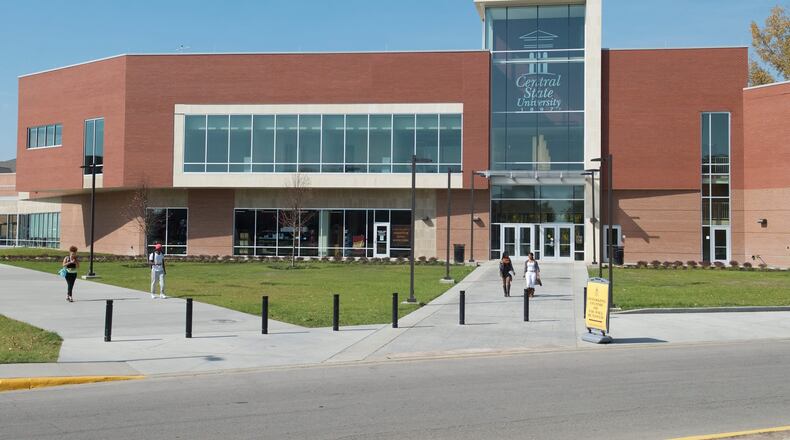“It is further designed to also provide workforce training to increase the Native American and African American graduates in agriculture,” Phipps said. “The partnership with College of Menominee Nation will create cross-cultural learning opportunities and experiential learning experiences for students from both institutions.”
Credit: CSU University Public Relations
Credit: CSU University Public Relations
The five-year project will be led by the College of Engineering, Science, Agriculture, and Technology. It partners different Land-Grant Institutions to increase diversity in the agricultural workforce and develop economically and environmentally sustainable hemp and aquaculture systems, Phipps said.
“To sustainably impact public health outcomes, we must holistically address long-standing issues of food and health inequities,” Phipps said. “This means coming alongside and partnering with communities – especially those that have been historically underserved – to build meaningful and relevant outreach and agriculture development programs that build on their existing desires and community efforts toward food sovereignty.”
Aquaculture involves breeding, raising and harvesting of fish, shrimp and other water-based products.
The project includes partnerships with the College of Menominee Nation, Kentucky State University, University of Delaware, University of Kentucky and Mississippi State University.
Central State is the only Ohio university and Historically Black College or University to receive a SAS project, according to its release.
“This is a historical award for Central State University,” CSU President Jack Thomas said. “It demonstrates CSU’s core value of academic excellence and continuous efforts to meet and enhance the university’s land grant mission.”
About the Author

